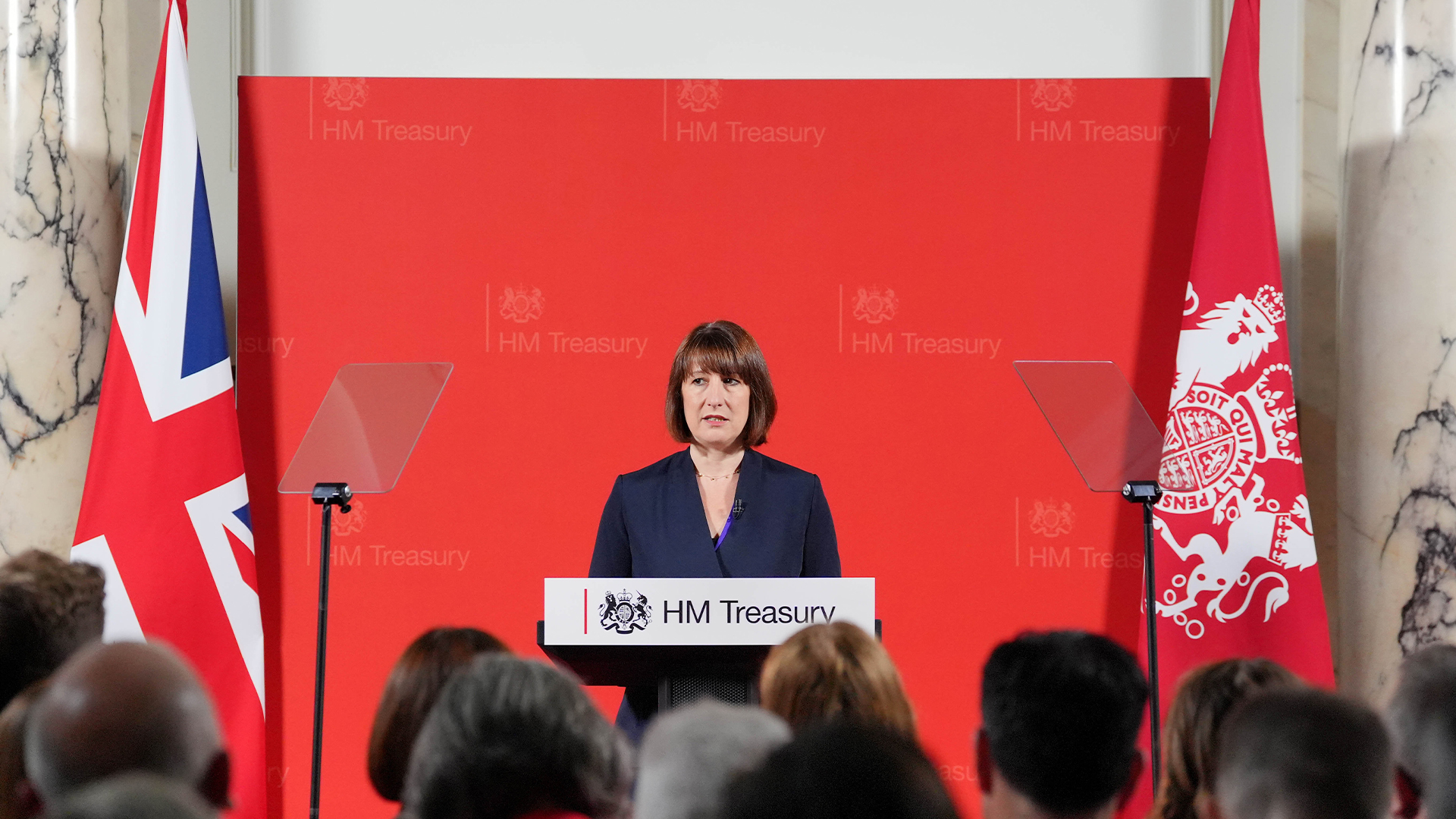UK government to re-open planning process for two rejected data centers
Plans for two data centers could go ahead if the potential regional and national gains warrant it, according to chancellor Rachel Reeves


Deputy prime minister Angela Rayner and chancellor Rachel Reeves have said they will re-open two recently-refused planning submissions for data centers.
Reeves said the two plan to intervene personally in important planning decisions if there is "potential gain" for both regional and national economies.
"The deputy prime minister has said that when she intervenes in the economic planning system, the benefit of development will be a central consideration and that she will not hesitate to review an application where the potential gain for the regional and national economies warrant it," she said.
"And I welcome her decision to recover two planning appeals already, for data centers in Buckinghamshire and in Hertfordshire," Reeves added.
"To facilitate this new approach, the deputy prime minister will also write to local mayors and the Office for Investment to ensure that any investment opportunity with important planning considerations that comes across their desks is brought to her attention and also to mine."
The move comes after Buckinghamshire Council refused plans for a 1.7m square foot data center near the M25 in October last year amid fears that it would damage the green belt.
Similarly, in January, planning permission was refused for a data center in Abbots Langley, Hertfordshire, again over concerns that it would impact green belt land in the area.
Sign up today and you will receive a free copy of our Future Focus 2025 report - the leading guidance on AI, cybersecurity and other IT challenges as per 700+ senior executives
Developer Greystoke Land said the move would have unlocked up to £1 billion in foreign direct investment, delivered hundreds of high-paid jobs, and injected £12 million in funding for local training and education schemes.
The previous government said that with more than a quarter of all UK businesses using services housed in data centers - 62% in the case of large companies - there's a need to increase data center capacity in London by between 2,250MW and 3,100MW by 2027.
Data center operators generated around £4.6 billion in revenue in 2021, while in 2022, data contributed 6.9% to GDP and three-quarters of all UK service exports were reliant on data.
Plans for UK data centers welcomed by industry
Reeves's pledge has been welcomed by BCS, The Chartered Institute for IT. However, BCS data center expert John Booth also called for a strategic approach that would see more data centers outside the South East of England. At present, the majority of UK data centers are based in or around London.
"Allowing data centers to be built on the green belt will not be sufficient; significant investment in the grid and distribution networks will also be required," Booth said.
"Whilst placing data centers near cities makes sense given the amount of time it takes for data to travel from one place to another, the government should also prioritize looking further afield to areas with more space, cooler temperatures, and abundant power resources."
Earlier this year, Scotland-based data center provider, DataVita, published research showing that the country could become a leading hub for global enterprises due to its easy access to renewable energy and cooler climate.
RELATED WHITEPAPER

The firm’s analysis found that relocating a 200-rack facility from London to Scotland could save over six million kgCO2e, for example, which is equivalent to over 14 million miles traveled by the average midsize car.
Booth added that planning permission should include enhanced energy efficiency and sustainability requirements, including the use of recovered heat, and should mirror existing EU legislation around reporting energy and environmental data.
Emma Woollacott is a freelance journalist writing for publications including the BBC, Private Eye, Forbes, Raconteur and specialist technology titles.
-
 How the UK public sector could benefit from strategic channel partnerships
How the UK public sector could benefit from strategic channel partnershipsIndustry Insights Is the channel the answer to the growing cost vs budget problem facing the public sector?
-
 Microsoft wants to replace C and C++ with Rust by 2030
Microsoft wants to replace C and C++ with Rust by 2030News Windows won’t be rewritten in Rust using AI, according to a senior Microsoft engineer, but the company still has bold plans for embracing the popular programming language
